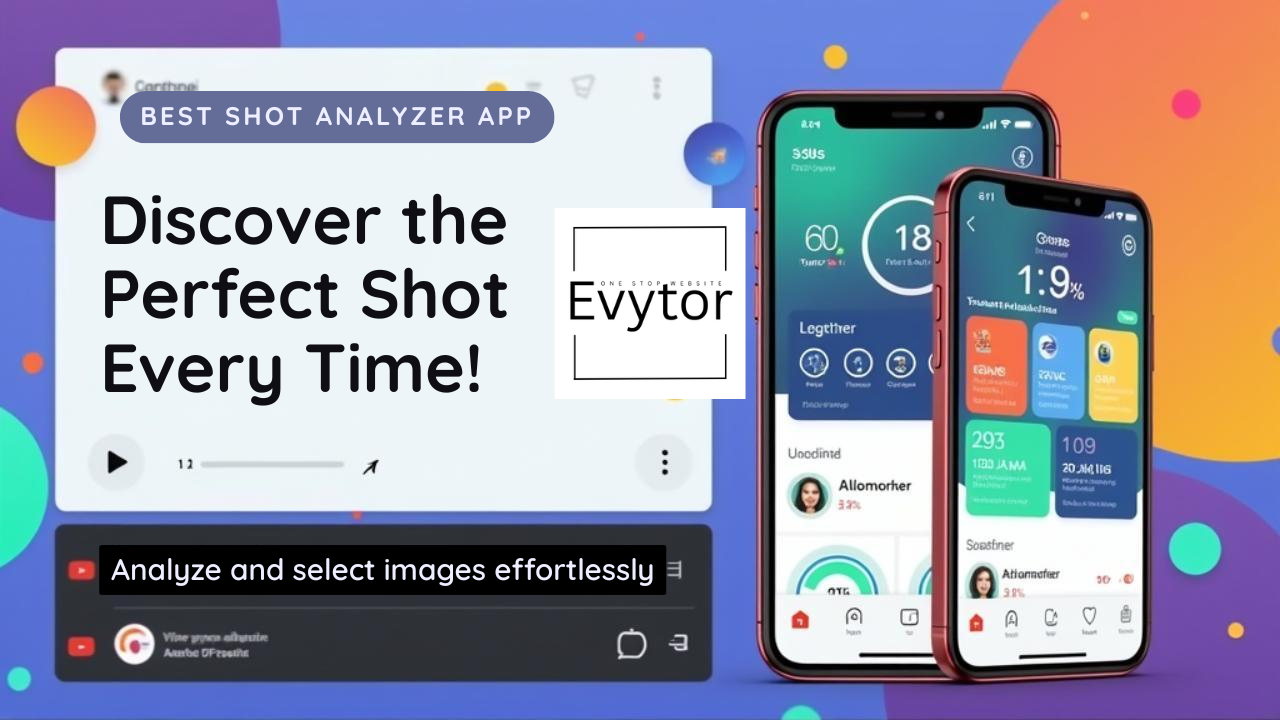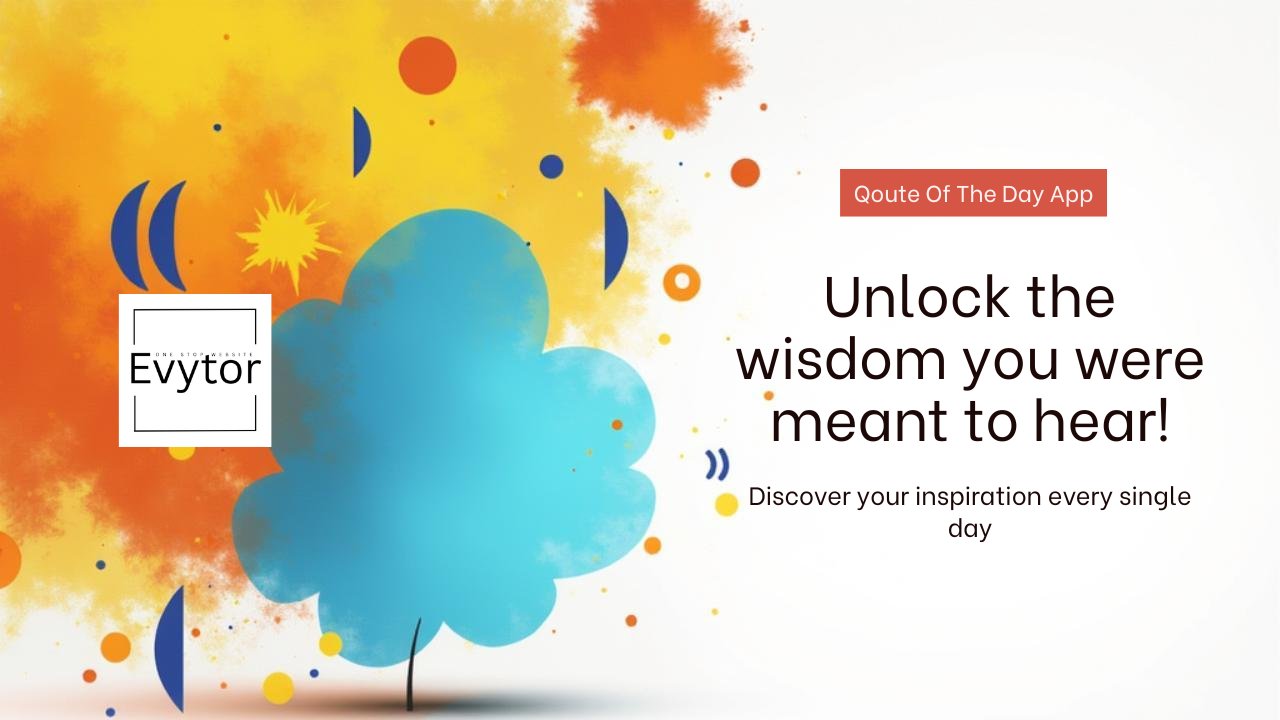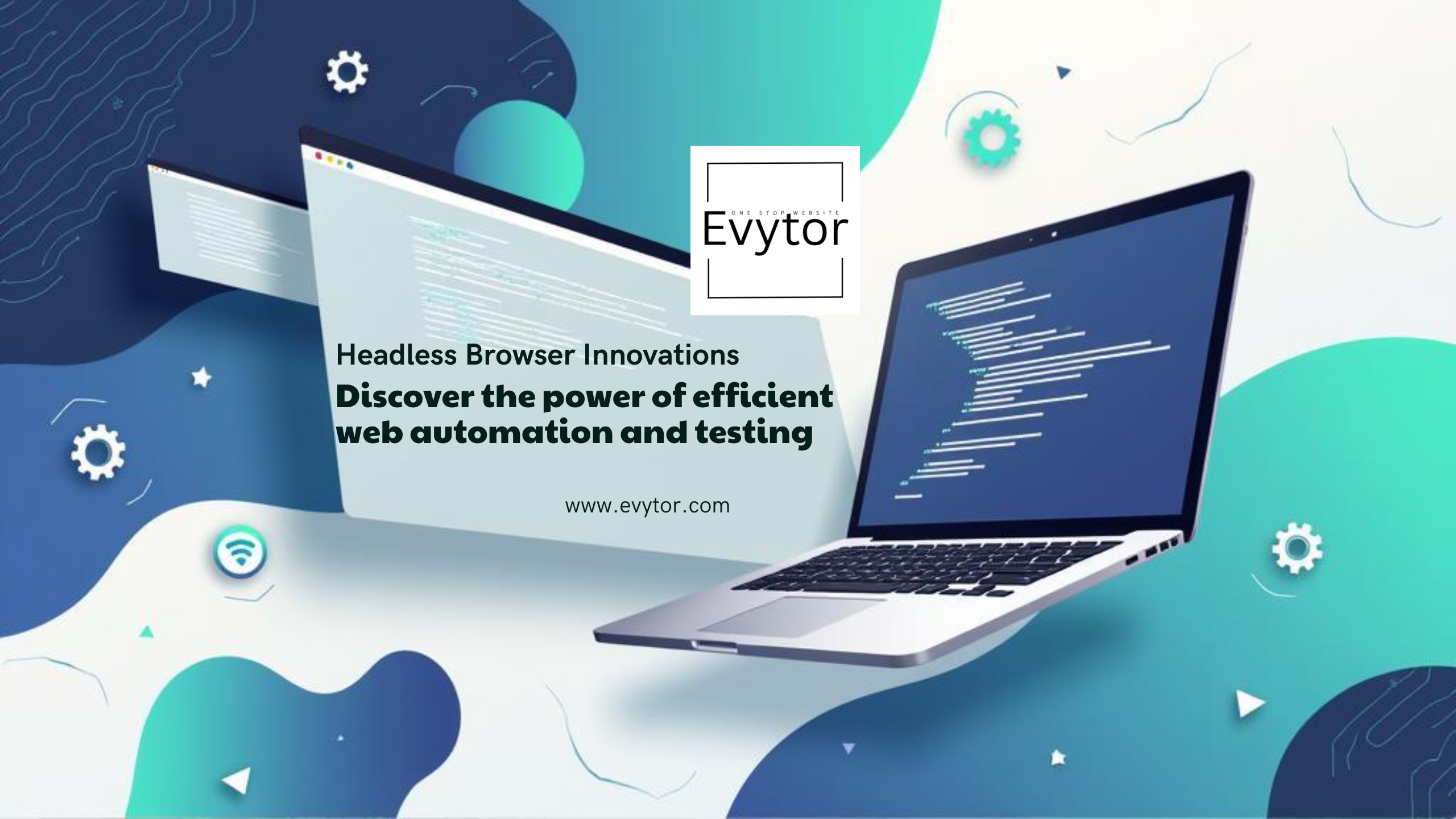Decoding the Metaverse: Opportunities and Risks
The term "metaverse" has exploded into public consciousness, sparking debates about our digital future. But what exactly is the metaverse, and is it the revolutionary next step for human interaction, or a potential minefield of new problems? Let's dive deep into this complex and rapidly evolving concept.
At its core, the metaverse is envisioned as a persistent, interconnected set of virtual spaces where users, represented by avatars, can interact with each other, digital objects, and AI-driven environments in real-time. Think beyond simple video games or social media; the goal is a seamless blend of physical and digital reality, accessible through various technologies like VR, AR, and even standard screens. It's not one place, but a network of worlds, potentially interoperable, where you can jump from attending a virtual concert to shopping in a digital mall or collaborating on a project in a shared virtual office. 🚀
What Makes the Metaverse Different?
Unlike current online experiences, the metaverse aims for several key characteristics:
- Persistence: The virtual world exists and evolves even when you're not in it.
- Interoperability: Your digital assets, identity, and experiences could theoretically move between different metaverse platforms.
- Presence: A feeling of being truly *there* with others, enhanced by immersive technologies.
- Real-time Interaction: Everything happens live for all participants.
- Economic System: A fully functioning digital economy with digital assets, currencies, and ownership. 💰
It's an ambitious vision, promising to fundamentally alter how we work, play, learn, and socialize.
Exploring the Tremendous Opportunities
The potential upsides of the metaverse are vast and exciting across numerous sectors.
Economic Growth and New Jobs
The metaverse could unlock entirely new economies centered around digital goods, services, and experiences. We're talking about:
- Creators selling virtual fashion or artwork. ✨
- Developers building virtual worlds and applications.
- Service providers hosting virtual events or offering digital consulting.
- Real estate agents selling virtual land. 📈
- Marketers running immersive ad campaigns.
This isn't just speculation; industries like gaming have already demonstrated the viability of digital economies. The metaverse could scale this dramatically.
Enhanced Social Connection and Community
Imagine attending a friend's birthday party where guests from around the globe gather in a shared virtual space, feeling truly present. Or joining hobby groups that meet in custom-designed virtual environments. The metaverse could offer richer, more nuanced social interactions than current text-based or video-call platforms, especially for those limited by geography or physical ability. 👋
Revolutionizing Education and Training
Learning becomes incredibly immersive in the metaverse. Students could:
- Explore historical sites virtually. 🏛️
- Conduct complex science experiments safely in a digital lab. 🔬
- Practice surgery or engineering tasks in realistic simulations.
- Attend lectures and collaborate with peers in engaging virtual classrooms. 📚
This could make education more accessible, engaging, and effective.
New Avenues for Creativity and Expression
Artists, designers, musicians, and everyday users will have powerful tools to create and share within the metaverse. From building unique avatars and personalized spaces to designing entire virtual worlds or performing live digital concerts, the opportunities for creative expression are limitless. Users aren't just consumers; they are also potential creators. 💡
Navigating the Significant Risks and Challenges
While the opportunities are compelling, ignoring the potential risks would be naive. The metaverse introduces complex challenges related to technology, ethics, and society.
Privacy and Data Security Nightmares
In a persistent, immersive world, the amount of data collected on user behavior, interactions, and even biometric information could be staggering. Protecting this data from breaches, misuse by corporations, or surveillance by governments will be a monumental challenge. 🔒 Who owns your data within the metaverse? How is it used?
Digital Inequality and Access Issues
Access to high-speed internet, powerful computing devices, and expensive VR/AR hardware is not universal. The metaverse risks creating a deeper digital divide, where those without the necessary resources are excluded from significant economic, social, and educational opportunities available in these new virtual spaces. 🌍
Mental Health and Addiction Concerns
The immersive nature of the metaverse could lead to increased risks of digital addiction, blurring the lines between virtual and physical reality in potentially unhealthy ways. Issues like social isolation in the physical world, cyberbullying, and the psychological impact of spending significant time in virtual identities or environments are serious considerations. 🧠
Governance, Ethics, and Regulation
Who makes the rules in the metaverse? How are disputes resolved? How do we prevent harmful behavior like harassment, hate speech, or exploitation? The lack of clear legal and ethical frameworks for virtual worlds poses significant challenges. Issues like digital ownership, intellectual property in virtual goods, and the legal status of avatars need to be addressed. ⚖️
Economic Risks and Exploitation
While offering opportunities, the digital economy also presents risks, including scams, speculation bubbles in virtual assets (like NFTs and virtual land), and potential exploitation of digital labor. Ensuring fair practices and protecting users from fraud is crucial.
The Current State and Future Outlook
We are still in the early stages of the metaverse. What exists today are fragmented platforms and experiences rather than a single, interconnected universe. The technology is improving rapidly, but significant infrastructure development, standardization, and collaboration between companies are needed to realize the full vision. The path forward will likely involve both exciting innovations and ongoing struggles to mitigate the inherent risks. 🤔
Going Further: Pro-Tips for Understanding the Metaverse
Curious to learn more and prepare for this potential future? Here are some steps you can take:
- Explore Existing Platforms: Dive into platforms like VRChat, Decentraland, or Roblox to get a feel for current virtual world interactions.
- Read Up on Web3 and Blockchain: Understand the underlying technologies like blockchain, NFTs, and cryptocurrencies that are often discussed in relation to metaverse economies. 📚
- Follow Reputable Tech Journalism: Stay informed about developments, ethical discussions, and regulatory debates from trustworthy sources.
- Consider Digital Citizenship: Start thinking about what responsible behavior, privacy, and safety look like in online and immersive environments.
- Experiment (Cautiously): If you have the means, try accessible AR experiences on your phone or explore entry-level VR.
Conclusion
The metaverse is not a monolithic entity but a multifaceted concept with the potential to transform many aspects of our lives. The opportunities for economic growth, social connection, education, and creativity are immense. However, the risks related to privacy, inequality, mental health, and governance are equally significant and must be proactively addressed as the technology evolves.
Ultimately, the shape of the metaverse will depend on the choices made by technologists, businesses, policymakers, and, most importantly, its users. What aspects of this emerging digital frontier excite or concern you the most? Share your thoughts below! 👇




